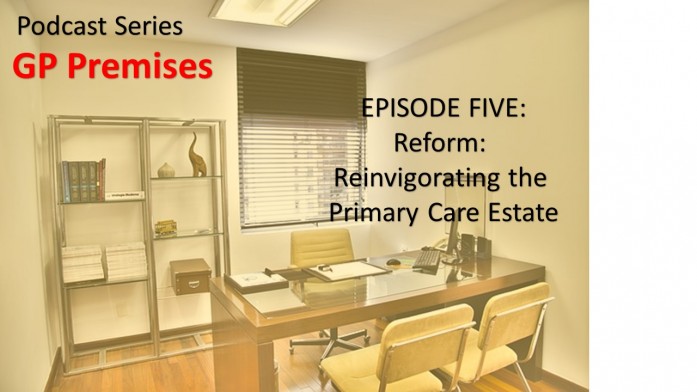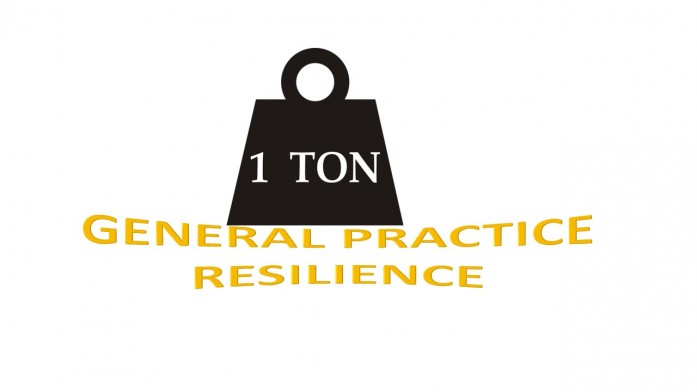Podcast: Play in new window | Download
Subscribe: Apple Podcasts | Email | RSS
Reform is an independent think-tank aiming to improve the way public services are delivered. They have recently published a report called “A design diagnosis: reinvigorating the primary care estate” and, in this episode, Ben talks to two of the authors of that report, Maisie Borrows and Daniel El-Gamry about their findings, the role of STPs in development of the estate, concerns about funding and some of the key lessons they have learnt.
Show Notes
What is Reform? (45secs)
Why get engaged in the primary care estate? (1min 24secs)
The research (2min 16secs)
Common themes from the research (3mins 07secs)
The recommendations from the report (4mins 27secs)
Should notional rent be linked to utilisation of space? (6mins 33secs)
Who funds the additional estate? (7mins 41secs)
Bigger buildings or more flexibility? (9mins 20secs)
What is the role of STPs in relation to estate? (10mins 36secs)
Is primary care estate too difficult for STPs to engage? (12mins 35secs)
Who pays the additional revenue costs? (14mins 37secs)
The key lessons? (16mins 54secs)
Accessing the report and further information (17mins 37secs)
The report can be found here
If you want to tweet Reform their handle is @reformthinktank
Maisie can be emailed maisie.borrows@reform.uk and Daniel at daniel.elgamry@reform.uk
Ben mentions our short series of podcasts on the primary care estate. They can found with links below:
Episode 71: Paul Conlan – Should GPs own premises? …and other questions
Episode 72: Edwina Farrell – Leases – should you sign them?
Episode 78: Ian Crompton – Are GP premises still a good investment?
Episode 81: John Pilcher – Capital for primary care estate development




